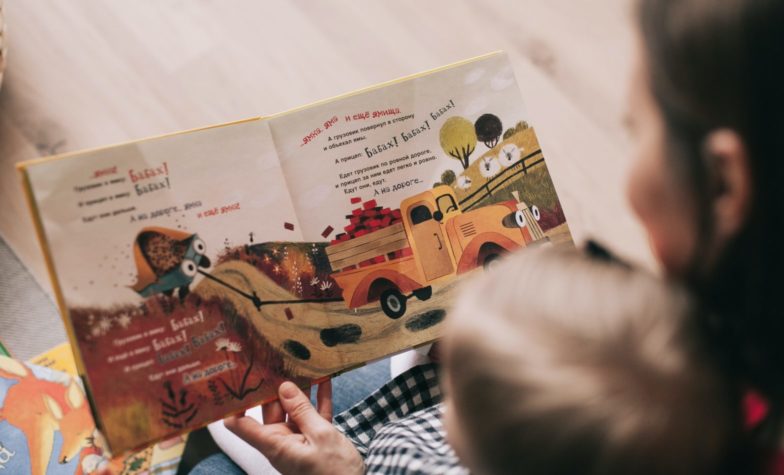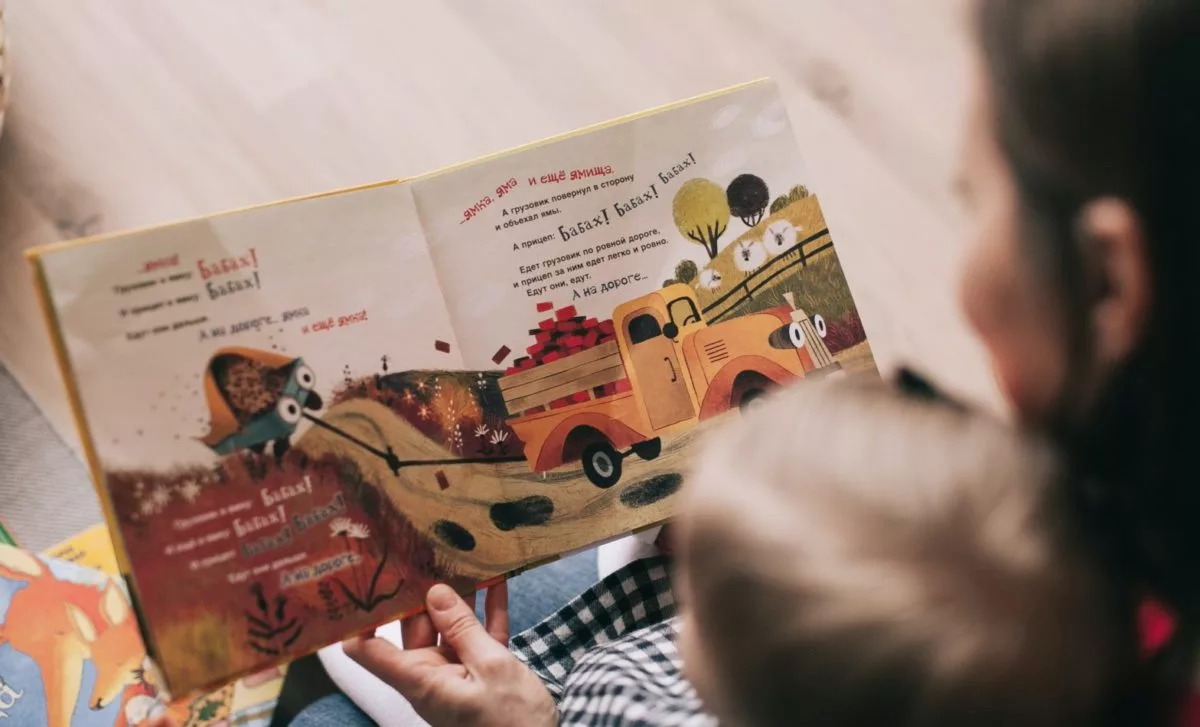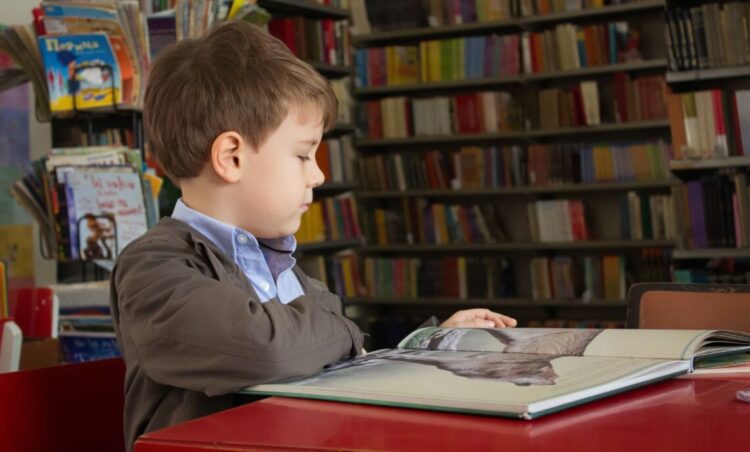Busting The Myths Behind Raising Children With More Than One Language


Let’s explore some common questions:
Does learning more than one language cause language delay?
No.
Children who are exposed to more than one language from very early on may begin to speak their first words at about 15 months of age, roughly three months later than is typical for monolingual children. After this we typically see a trajectory of language development along the same patterns and timelines as a monolingual child.
It is not uncommon for one language to develop more strongly than the other. It is important to consider a child’s total vocabulary (across both languages) at this time and this is often found to be comparable to the total vocabulary of monolingual children of the same age.
Is it typical to mix languages?
Yes.
Producing sentences that contain a combination of English words and words in a second language spoken in the household, is typical – it is known as code-mixing. Children will adjust their code-mixing to suit who they are talking to. Children may code-mix to include a word in one language that is not known in another, or to use a word that is easier to pronounce.
In fact, adult bilinguals code-mix too when speaking to other bilinguals. It is often used to emphasize something or express emotion.
Should my child be speaking equally well in both languages?
No.
Most bilingual people are not equally proficient in each of their languages and often have a dominant, more proficient, language. Although a variety of factors can influence a person’s dominant language (such as, the language they are immersed in the most, the language spoken by friends, and the language of media listened to/watched) children will typically be most proficient in the language they have had the most exposure to, opportunity to practice speaking and hearing, and motivation to speak.
Do I need to expose my child to both languages from birth for them to become bilingual?
No.
There are benefits to both exposing children to a second language earlier in life and later in life. Children exposed to two languages from a young age have been found to have a better native-like pronunciation of a second language, and better long-term grammatical skills in a second language.
Whereas children learning a second language a little bit older (such as from middle primary school) already possess more advanced cognitive skills and have experience with literacy and schooling, which are advantageous in learning vocabulary and grammar in the second language.
What is the best approach to raising a bilingual child?
One method is the One Parent, One Language approach – where each parent consistently speaks one language to a child. However, it has been recognized that children will mix languages regardless of the parents’ approach. Above all, parents are recommended to speak in the language that feels most natural and comfortable to them.
“Since being immersed in English, my child is refusing to speak in our home language.” Why?
This situation may arise as children’s exposure to, and opportunity to speak, English increases (with their day care attendance) as well as their motivation to speak English to their new preschool friends. Language Attrition is the gradual loss of the first language, as the second language is used more often. It is influenced by desire to assimilate to the new environment, immersion in the new language, and fewer education and practice opportunities in the home language.
Only About Children Spanish Language Program
A child’s brain is primed for language learning during the first few years of life – and with this in mind, we have developed a Spanish Language Program for children of all ages.
Find out more about the Spanish Language Program offered as part of the unique Grow curriculum at Only About Children here.
For more interesting reads see:
The Stages of Language Development In Children
The Importance of Reading At Every Age
Only About Children can help your child to grow, make friends and explore the world.
Only About Children can help your child to grow, make friends and explore the world.
Related Reads


Advice For Selecting The Best Primary School For Your Child
Starting school for the first time is a huge moment in the life of your child, but also for you and your family! Finding the school that is the right fit for your family can be the first hurdle in this process. Here are some helpful tips to ensure that you choose the school that is the right one for you and your child:

The 5 Biggest Changes Starting “Big School”
The change from a prior to school setting to a primary school setting can be daunting and take some getting used to in the early weeks and months of your child starting. Here are some of the 5 biggest changes to expect when moving to primary school
